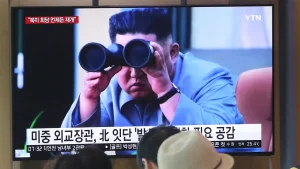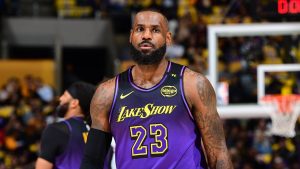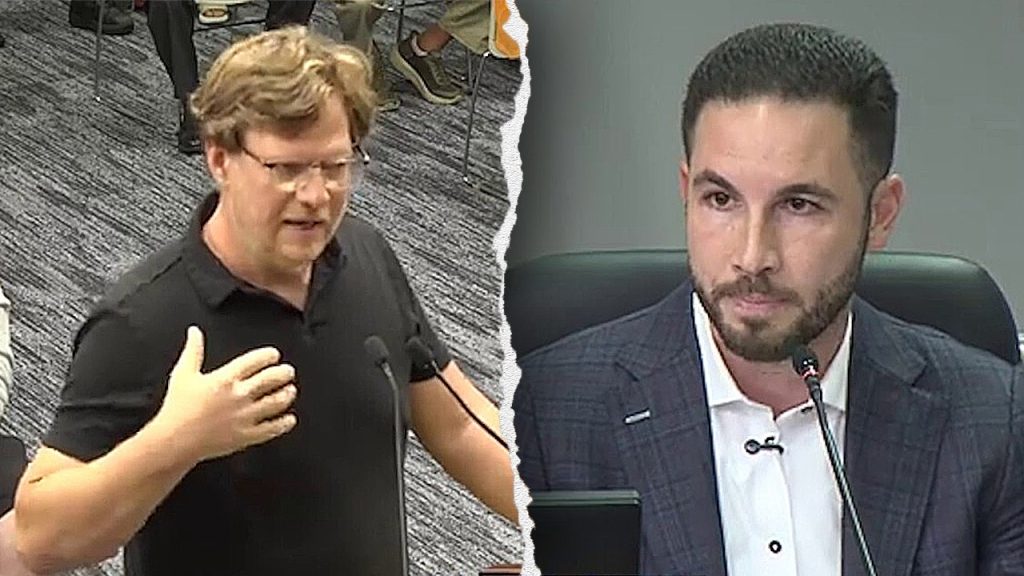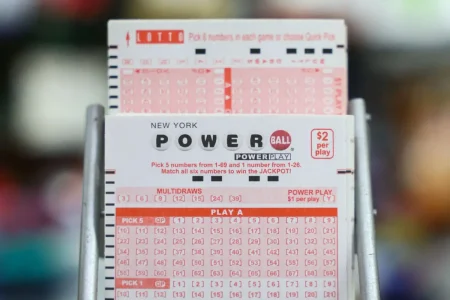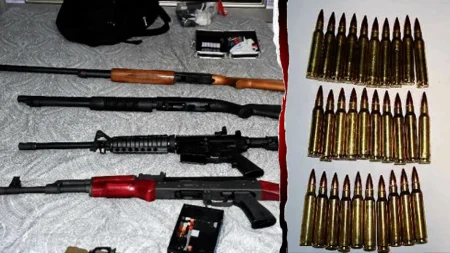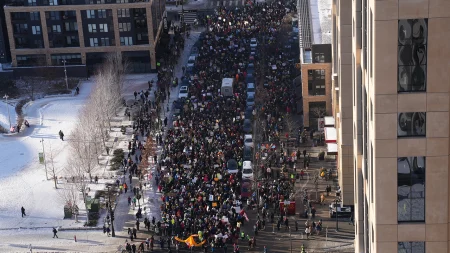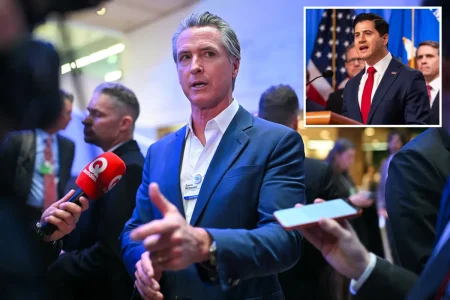Dearborn Mayor Stands Firm Amid Religious Tensions at City Council Meeting
In the wake of a viral confrontation with a Christian minister, Dearborn Mayor Abdullah Hammoud chose not to apologize at Tuesday’s city council meeting for his controversial comments that the minister was “not welcome” in the city. The minister, Ted Barham, who had been at the center of the heated exchange over an honorary street sign, opened his remarks by extending goodwill to the mayor despite their previous clash. “The mayor, in a way, cursed me, as was seen around the world. And I would like to repeat what I said that day to you, Mr. Mayor: ‘God bless you,'” Barham stated, setting a conciliatory tone while making it clear he had no intention of pursuing legal action despite encouragement from supporters worldwide. Instead, Barham used his time to advocate for his broader message of loving one’s enemies, including those with opposing viewpoints. He even proposed a bold idea to the council: “Would it be possible for you, Mayor Hammoud, in front of the world and council members to join me in saying we would like to put out a Christian call to prayer and a Christian call to faith in all the countries around the world where an Islamic call to prayer goes out?”
The meeting quickly transformed into a forum for community members to express their concerns about religious tolerance and political allegiances. Several Christian residents took turns at the microphone, with some extending messages of love while others posed direct challenges to the mayor. Anthony Deegan, one such speaker, prefaced his remarks with expressions of Christian love before asking the pointed question that seemed to be on many minds: “Do you definitively, unequivocally, by name, denounce Hamas and Hezbollah? Or do you support them?” The questioning intensified when Shane Rife of Garden City expressed shock over reports that Mayor Hammoud had appeared at a rally where a publisher praised Hezbollah leader Hassan Nasrallah as a “hero,” demanding to know where the mayor’s allegiances truly lay. Pastor Jeff Davis of Dearborn Evangelical Covenant Church also spoke in support of Barham, highlighting the minister’s long history of service to the Dearborn community.
Adding significant weight to the conversation was Nagi Almudhegi, a Yemeni-American engineer and mayoral candidate challenging Hammoud in the upcoming November election. In an interview with Fox News Digital, Almudhegi emphasized the fundamental American principles at stake: “The United States of America is built on the principles of freedom of speech and freedom of religion. These two principles are sacrosanct.” He criticized Hammoud’s handling of the situation, suggesting that the appropriate response would have been to simply allow Barham to speak his mind, particularly since the minister had done so respectfully. Almudhegi expressed concern that the mayor’s “not welcome here” remark might reinforce harmful misconceptions about Dearborn being unwelcoming to Christians, a notion he firmly rejected as “very, very wrong.”
Almudhegi had previously issued a formal statement condemning the mayor’s remarks as “uncalled for, classless, unprofessional and just plain wrong,” positioning himself as a defender of religious tolerance in a city known for its significant Muslim population. This stance appears calculated to resonate with voters concerned about religious freedom as the November mayoral election approaches. With only Hammoud and Almudhegi on the ballot, the controversy sparked by this incident may indeed become the defining issue of the race, potentially reshaping the political landscape of a city that has increasingly found itself at the center of national conversations about religious diversity and coexistence in America.
When Mayor Hammoud finally addressed the gathering, he notably did not offer the apology many had called for, nor did he directly respond to demands that he specifically denounce terrorist organizations. Instead, he spoke in broad terms about Dearborn’s character, describing it as representing “the best of America” where “people of all backgrounds, of all faiths, and of all beliefs can live peacefully and respectfully as neighbors.” He framed the current controversy as part of a longer history of attempts to divide the community: “For decades, people have been intent on dividing and disparaging our city. Dearborn has never fallen for these divisive attempts. Back then and still now, Dearborn residents from every corner of this city have come together to shun hatred and to root it out of the place that we’re all proud to call home.”
As the controversy continues to unfold, it highlights the complex interplay of religious, cultural, and political forces in Dearborn, a city with one of the largest Arab American and Muslim populations in the United States. The exchange between Barham and Hammoud has evolved from a local dispute into a nationally-watched test case for how American communities navigate religious differences and free speech principles. With the mayoral election looming and tensions still simmering, Dearborn finds itself at a crossroads, wrestling with questions that echo far beyond its city limits about the meaning of welcome, the boundaries of political speech, and the delicate balance between religious identity and civic inclusion in an increasingly diverse America.

